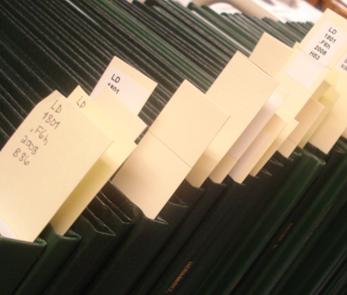
USF St. Petersburg campus Master's Theses (Graduate)
First Advisor
Deby Cassill, Ph.D.
Second Advisor
Christopher Meindl, Ph.D.
Publisher
University of South Florida St. Petersburg
Document Type
Thesis
Date Available
2013-06-25
Publication Date
2012
Date Issued
2012-06-29
Abstract
Determining the spatial distribution and species of bats in coastal habitats is a crucial step toward integrating bat conservation with local, state and national land management practices. Short-term acoustical monitoring with the Anabat SD2 detector was conducted at Fort DeSoto Park in Pinellas County, Florida from June 2010 to May 2011; excluding January, February, November, and December. Foraging activity by four species of bats was recorded. Echolocation calls by the Brazilian free-tailed (Tadarida brasiliensis), evening (Nycticeius humeralis) and the northern yellow (Lasiurus intermedius) were common; the Seminole (Lasiurus seminolus) was recorded only twice. Temporily, foraging activity was highest during the summer months of June, July, and August and during 30 to 120 minutes after sunset. Spatially, foraging activity was highest where the insects were—in habitats with permanent freshwater, pine flatwoods, cabbage palms or mangroves. Foraging activity was lowest over sand dunes and open beaches. Serendipitously, bats were recorded drinking from a permanent freshwater pond with little aquatic plant clutter; later in the study, after tall, aquatic grasses were introduced and filled the pond, bats were no longer observed drinking—a potentially important finding for bat conservation at Fort DeSoto Park. In summary, bats were opportunistic foragers, foraging during the times and locations of the highest insect population.
Creative Commons License

This work is licensed under a Creative Commons Attribution-Noncommercial-No Derivative Works 4.0 License.
Recommended Citation
Beltran, Jennifer, "Bat Species and Distribution in a Gulf Coast System at Fort DeSoto Park, Florida" (2012). USF St. Petersburg campus Master's Theses (Graduate).
https://digitalcommons.usf.edu/masterstheses/110


Comments
A thesis submitted in partial fulfillment of the requirements for the degree of Master of Science Department of Environmental Science and Policy, College of Arts and Sciences, University of South Florida St. Petersburg.